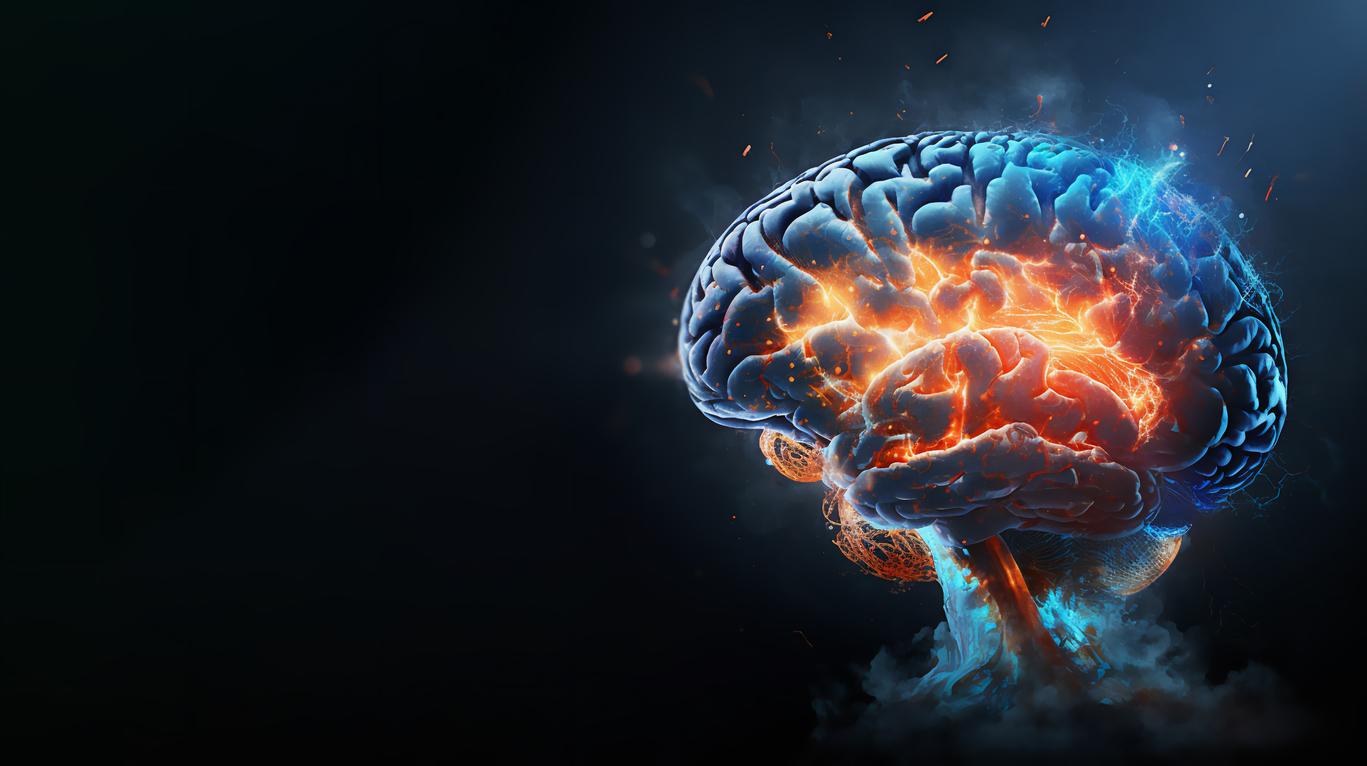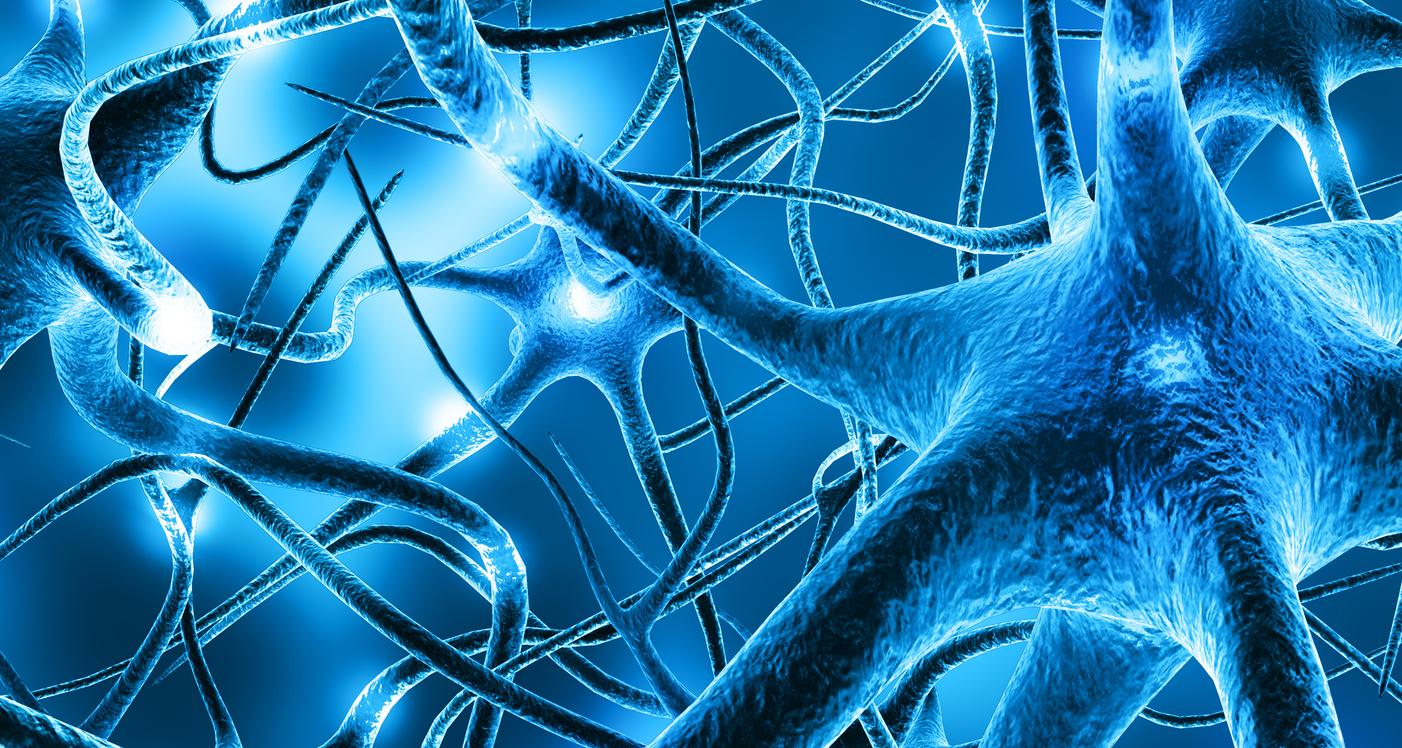According to a new study, information would play the same role as money and sweets on our brain by acting on our reward circuit.

Rushing to our smartphone at the slightest notification, regularly checking whether we have received important emails or compulsively surfing social networks… At a time when new technologies are an integral part of our daily lives and when the “beeps” telling us the arrival of a new message punctuate our days, we are all more or less concerned by these behaviors.
But can we go so far as to say that we are addicted to information or to social networks? In any case, this is the thesis developed by researchers at the Haas School of Business at the University of Berkeley. In the review Proceedings of the National Academy of Sciences (PNAS), they explain that information acts on the reward circuitry of the brain by producing dopamine. Exactly the same way money or sweets do.
“For the brain, information is its own reward, beyond its usefulness,” says neuroeconomist Ming Hsu. “And just as our brains love empty calories from junk food, they can overvalue information that makes us feel good but may not be useful, what some call idle curiosity.”
Anticipation of reward makes information valuable
In their study, the researcher and his student showed that the brain converts information into curiosity and how this way we consume it produces digital addiction. “We were able to demonstrate for the first time the existence of a common neural code between information and money, which opens the door to a number of exciting questions about how people consume, and sometimes too much, information”, continues Professor Hsu.
To better understand how this phenomenon works, researchers scanned people’s brains while they played a game of chance. Each participant was given a series of lotteries and had to decide how much they were willing to pay to learn about the odds of winning. In some cases, the information was valuable for hoping to win more, in others it was not worth much, for example when the stakes were low.
In most cases, participants made rational choices based on the economic value of the information, that is, how much money it could help them earn. But the researchers found that they also tended to overvalue information in general, and particularly in high-value lotteries. It seems that the higher stakes increased people’s curiosity about information, even when the information had no effect on their decisions.
Researchers have found that these motivations for seeking information have both economic and psychological motives: people have “purchased” information not only on the basis of its real advantages, but also on the basis of the anticipation of its benefits whether it has been used or not.
For Professor Hsu, it’s like wanting to know if we have received a good job offer, even if we have no intention of accepting it. “Anticipation serves to magnify how good or bad something feels, and the anticipation of a more pleasant reward makes the information even more valuable,” he says.
The same effect as junk food
The researchers also wondered how our brain reacts to information. By analyzing the MRIs of the participants, they discovered that the information on the odds of the games had activated the same regions of the brain that produce dopamine and are activated by junk food, money or drugs.
They also discovered that curiosity about information produced the same neural code that it produces for money or other tangible rewards. “We can look into the brain and tell how badly someone wants a piece of information, and then translate that brain activity into monetary amounts,” says the researcher.
Although the research does not directly address the overconsumption of digital information, having the information engage the brain’s reward system is a necessary condition for the addiction cycle. “The way our brain responds to the anticipation of a pleasurable reward is a big reason why people are sensitive to clickbait,” notes Professor Hsu.
.

















